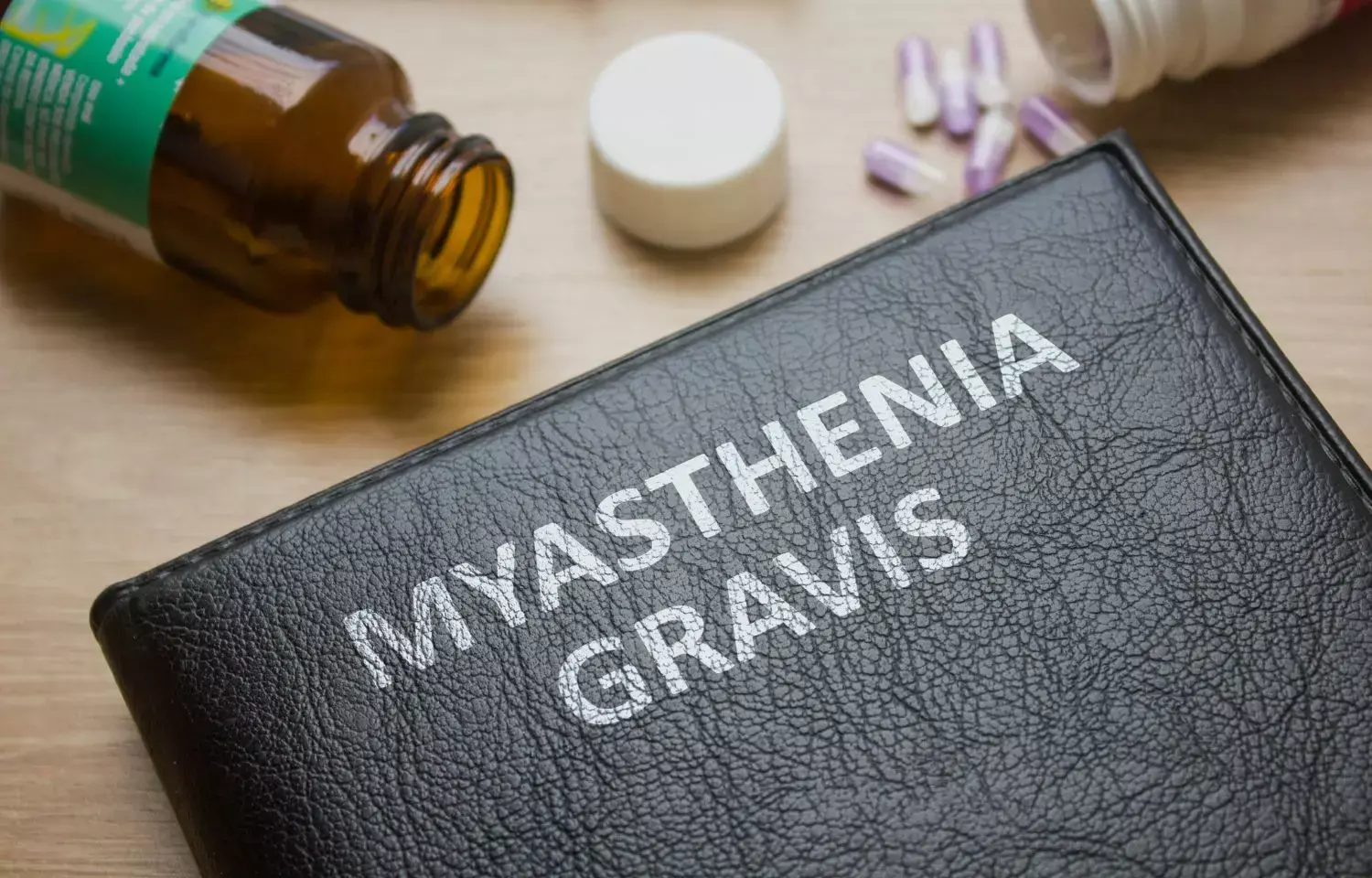- Home
- Medical news & Guidelines
- Anesthesiology
- Cardiology and CTVS
- Critical Care
- Dentistry
- Dermatology
- Diabetes and Endocrinology
- ENT
- Gastroenterology
- Medicine
- Nephrology
- Neurology
- Obstretics-Gynaecology
- Oncology
- Ophthalmology
- Orthopaedics
- Pediatrics-Neonatology
- Psychiatry
- Pulmonology
- Radiology
- Surgery
- Urology
- Laboratory Medicine
- Diet
- Nursing
- Paramedical
- Physiotherapy
- Health news
- Fact Check
- Bone Health Fact Check
- Brain Health Fact Check
- Cancer Related Fact Check
- Child Care Fact Check
- Dental and oral health fact check
- Diabetes and metabolic health fact check
- Diet and Nutrition Fact Check
- Eye and ENT Care Fact Check
- Fitness fact check
- Gut health fact check
- Heart health fact check
- Kidney health fact check
- Medical education fact check
- Men's health fact check
- Respiratory fact check
- Skin and hair care fact check
- Vaccine and Immunization fact check
- Women's health fact check
- AYUSH
- State News
- Andaman and Nicobar Islands
- Andhra Pradesh
- Arunachal Pradesh
- Assam
- Bihar
- Chandigarh
- Chattisgarh
- Dadra and Nagar Haveli
- Daman and Diu
- Delhi
- Goa
- Gujarat
- Haryana
- Himachal Pradesh
- Jammu & Kashmir
- Jharkhand
- Karnataka
- Kerala
- Ladakh
- Lakshadweep
- Madhya Pradesh
- Maharashtra
- Manipur
- Meghalaya
- Mizoram
- Nagaland
- Odisha
- Puducherry
- Punjab
- Rajasthan
- Sikkim
- Tamil Nadu
- Telangana
- Tripura
- Uttar Pradesh
- Uttrakhand
- West Bengal
- Medical Education
- Industry
Rituximab can halt risk of deterioration in myasthenia gravis, finds JAMA study

In myasthenia gravis, the immune system attacks the receptors between nerves and muscles, causing abnormal muscle weakness and fatigue. It often starts around the eye muscles but usually spread to other muscles in the body. There is only one approved drug for myasthenia, Soliris, but the treatment is costly, which means that very few patients-none to date in Sweden-have benefited from it.
Researchers at Department of Clinical Neuroscience, Karolinska Institutet have found in a new study that Rituximab can halt risk of deterioration in myasthenia gravis and could be used in patients of myasthenia gravis.
The results of the study have been published in the Journal of American Medical Association.
"Patients with new onset myasthenia who received rituximab as a complement to standard of care showed greater improvement compared with patients who were given a placebo," says Fredrik Piehl, professor at the Department of Clinical Neuroscience, Karolinska Institutet, and the study's principal investigator. "They also needed fewer adjuvant treatments and lower doses of cortisone than the placebo group.
These are encouraging results that give hope for a more effective strategy for controlling new onset myasthenia more quickly, even if larger studies will be needed to assess the long-term effects of the treatment."
The current study included 47 adult patients who had been diagnosed with myasthenia over the past year. Twenty-five of them were randomly assigned to a one-off treatment with 500 mg rituximab, a tried and tested drug used to treat rheumatoid arthritis, and 22 to a placebo group. The study was conducted at seven clinics in Sweden and the patients were followed for up to 48 weeks.
After four months, 71 percent of the rituximab group had attained good control of their disease according to a well-established 13-item rating scale, compared with 29 percent of the placebo group. Later follow-ups at six, nine and twelve months produced similar results.
The rituximab group also received on average lower doses of cortisone, and needed fewer adjuvant treatments. However, they also reported more adverse reactions, most of which were mild. One patient with previously diagnosed heart disease in the group died from a myocardial infarction with cardiac arrest. Three patients in the placebo group needed hospital care during the study period, two for life-threatening conditions related to a deterioration of their myasthenia.
The researchers note that the study is relatively small with an imbalance in some of the baseline characteristics between the two groups, which is a limitation. At the same time, the results are promising and motivate further studies.
"The use of rituximab for myasthenia in Sweden increased even before the study results were finalized," says Fredrik Piehl. "It is also a treatment that neurologists in Sweden are very familiar with thanks to the widespread and somewhat debated off-label prescribing for multiple sclerosis (MS).
We'll now, in a way similar to that with MS, analyse the long-term benefit-risk balance of the treatment with the help of national data collected via the Swedish myasthenia registry and national health registries. We also need to find markers that can predict the course of the disease at an early stage."
The study was financed by the Swedish Research Council. Some of the researchers have received grants and fees from various pharmaceutical companies, including some that market rituximab, outside the scope of this study.
Reference:
Fredrik Piehl, Ann Eriksson-Dufva, Anna Budzianowska, et al Amalia Feresiadou, William Hansson, Max Albert Hietala, Irene Håkansson, Rune Johansson, Daniel Jons, Ivan Kmezic, Christopher Lindberg, Jonas Lindh, Fredrik Lundin, Ingela Nygren, Anna Rostedt Punga, Rayomand Press, Kristin Samuelsson, Peter Sundström, Oskar Wickberg, Susanna Brauner, Thomas Frisell, JAMA Neurol. Published online September 19, 2022. doi:10.1001/jamaneurol.2022.2887
Dr Kamal Kant Kohli-MBBS, DTCD- a chest specialist with more than 30 years of practice and a flair for writing clinical articles, Dr Kamal Kant Kohli joined Medical Dialogues as a Chief Editor of Medical News. Besides writing articles, as an editor, he proofreads and verifies all the medical content published on Medical Dialogues including those coming from journals, studies,medical conferences,guidelines etc. Email: drkohli@medicaldialogues.in. Contact no. 011-43720751


